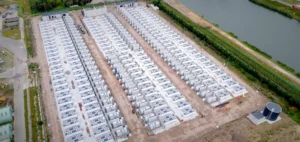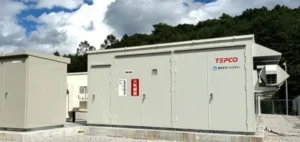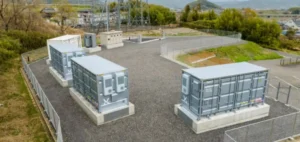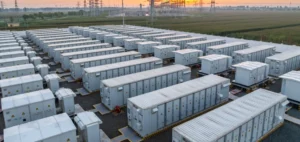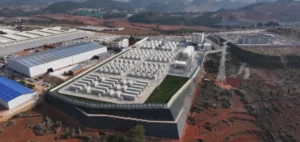Aypa Power, backed by Blackstone, has secured $190 million in funding for its Bypass Battery Energy Storage System (BESS) project in Fort Bend County, Texas. With a planned capacity of 200 MW/400 MWh, this infrastructure is designed to meet the region’s increasing energy needs while bolstering the resilience of the grid managed by the Electric Reliability Council of Texas (ERCOT).
An Innovative Financial Structure
The funding includes a $68 million Construction-to-Term Loan and a $91 million Tax Equity Bridge Loan (TEBL), providing a robust foundation for the construction phase. Additionally, $31 million in letters of credit have been issued, with $26 million earmarked for specific project requirements. Morgan Stanley Renewables Inc. contributed $94 million through a hybrid partnership flip structure.
Key financial institutions, including SMBC, Santander, and Siemens Financial Services, played central roles as coordinators and lead agents. This collaboration underscores the financial sector’s capacity to support large-scale critical infrastructure projects.
Economic and Strategic Impact
The Bypass BESS project will deliver significant economic benefits to Fort Bend County, creating hundreds of jobs during the construction phase and generating approximately $20 million in tax revenue over its operational lifespan. Strategically, it aligns with the growing electrification efforts in the United States and strengthens regional energy independence.
The project also stands out as one of the first within ERCOT to secure a long-term supply agreement, offering financial stability and greater visibility on future revenue streams.
Outlook for the Sector
The Texas energy storage market continues to expand rapidly, driven by initiatives like the Bypass BESS project. By integrating large-scale storage solutions, Texas aims to balance renewable energy production fluctuations and meet growing electricity demand.
The financial and strategic lessons from this project could serve as a model for similar initiatives across the United States, highlighting the importance of robust partnerships between developers and financial institutions.















